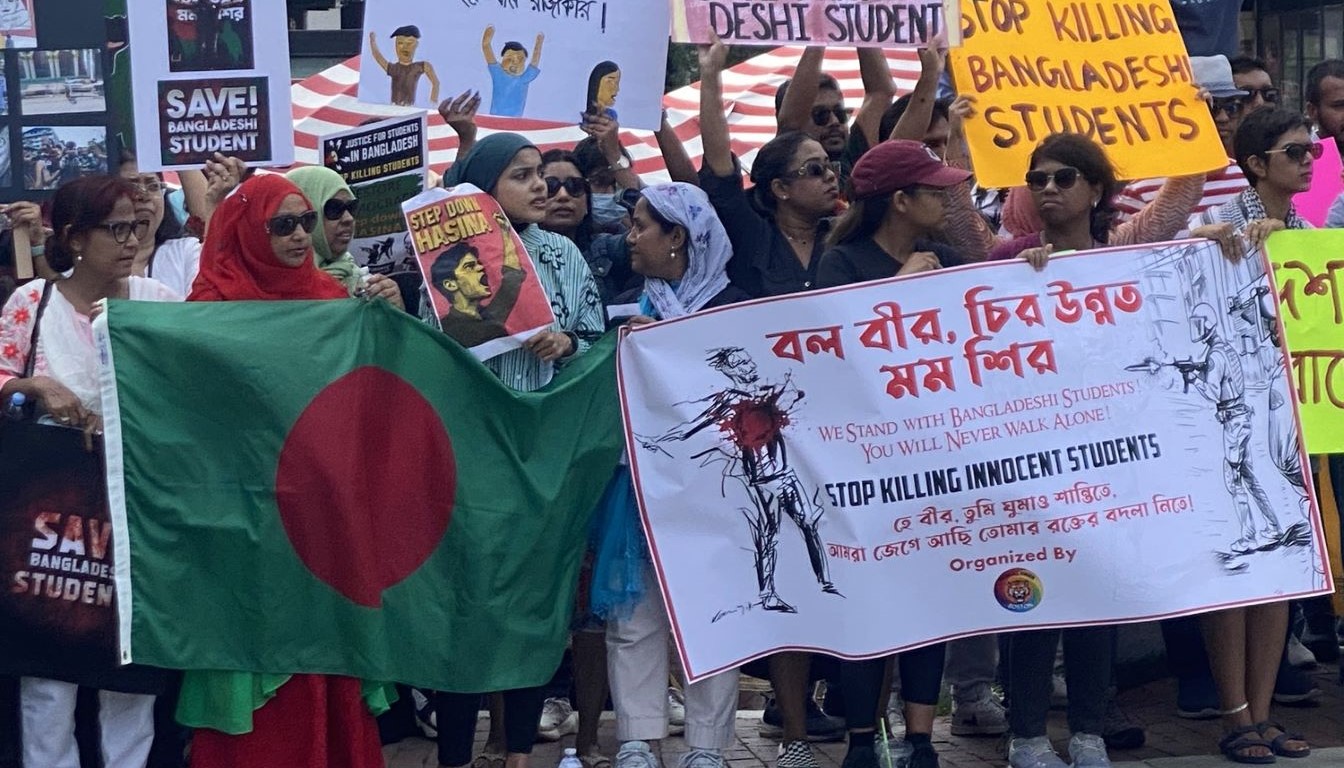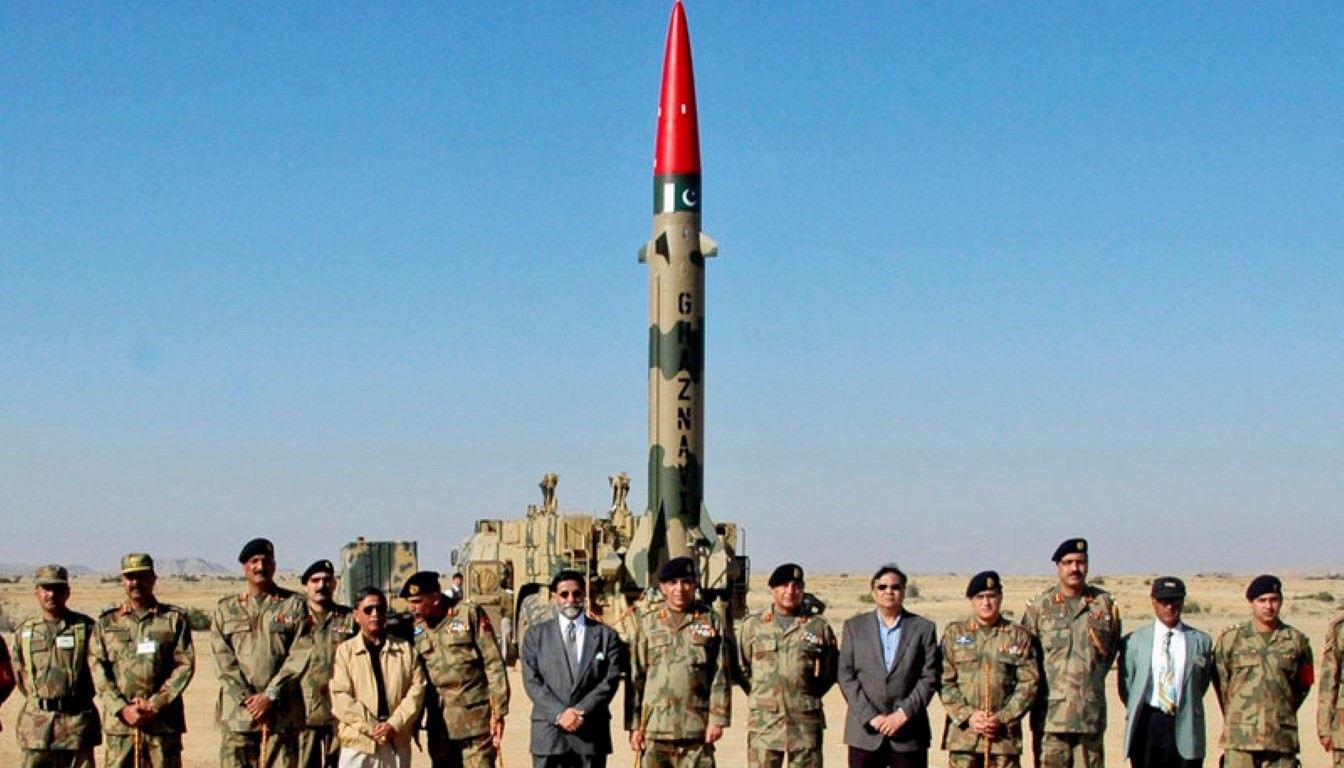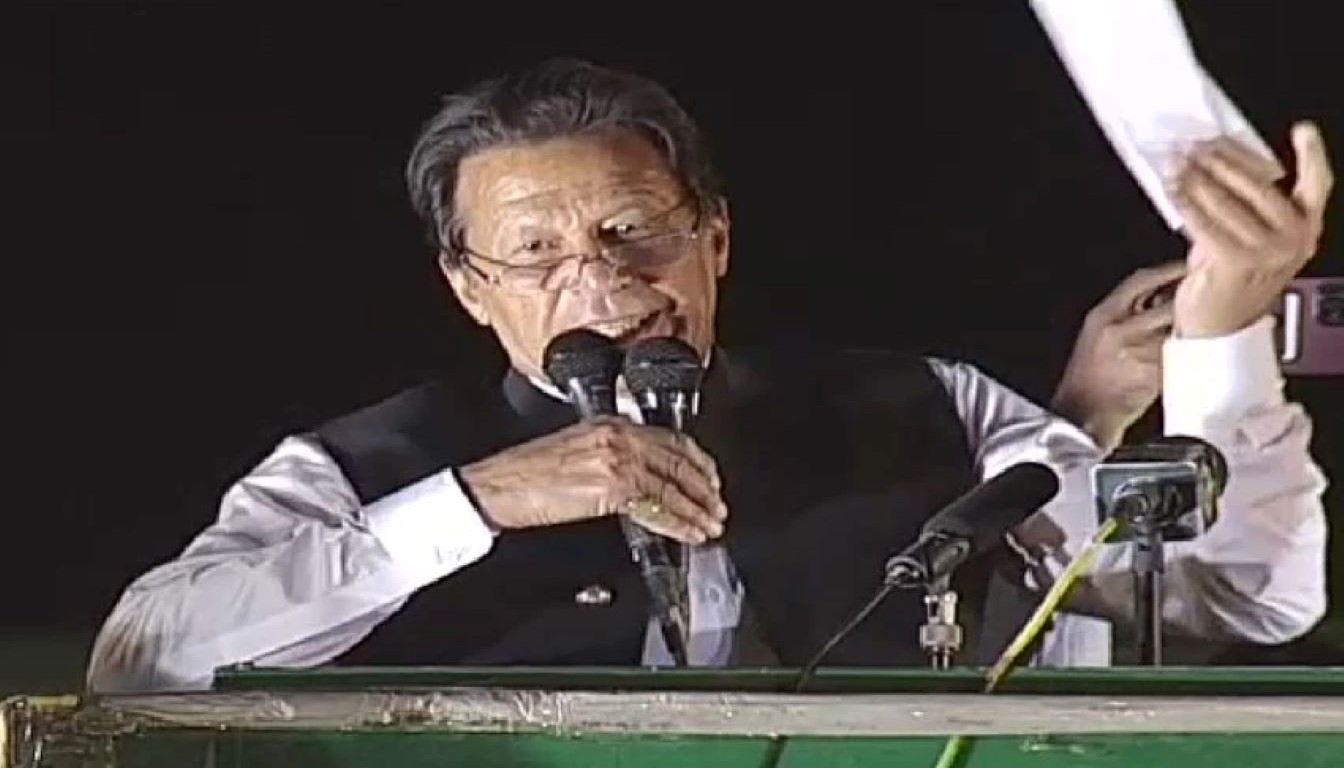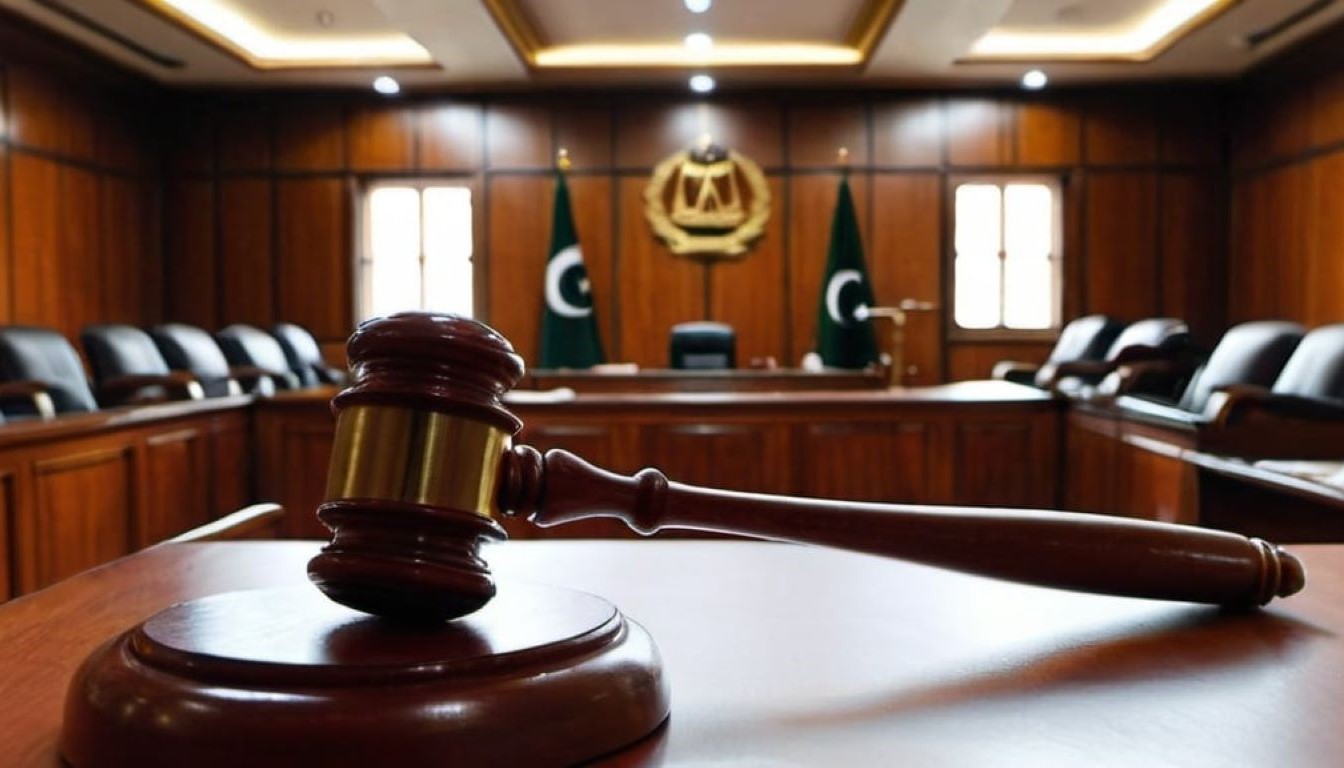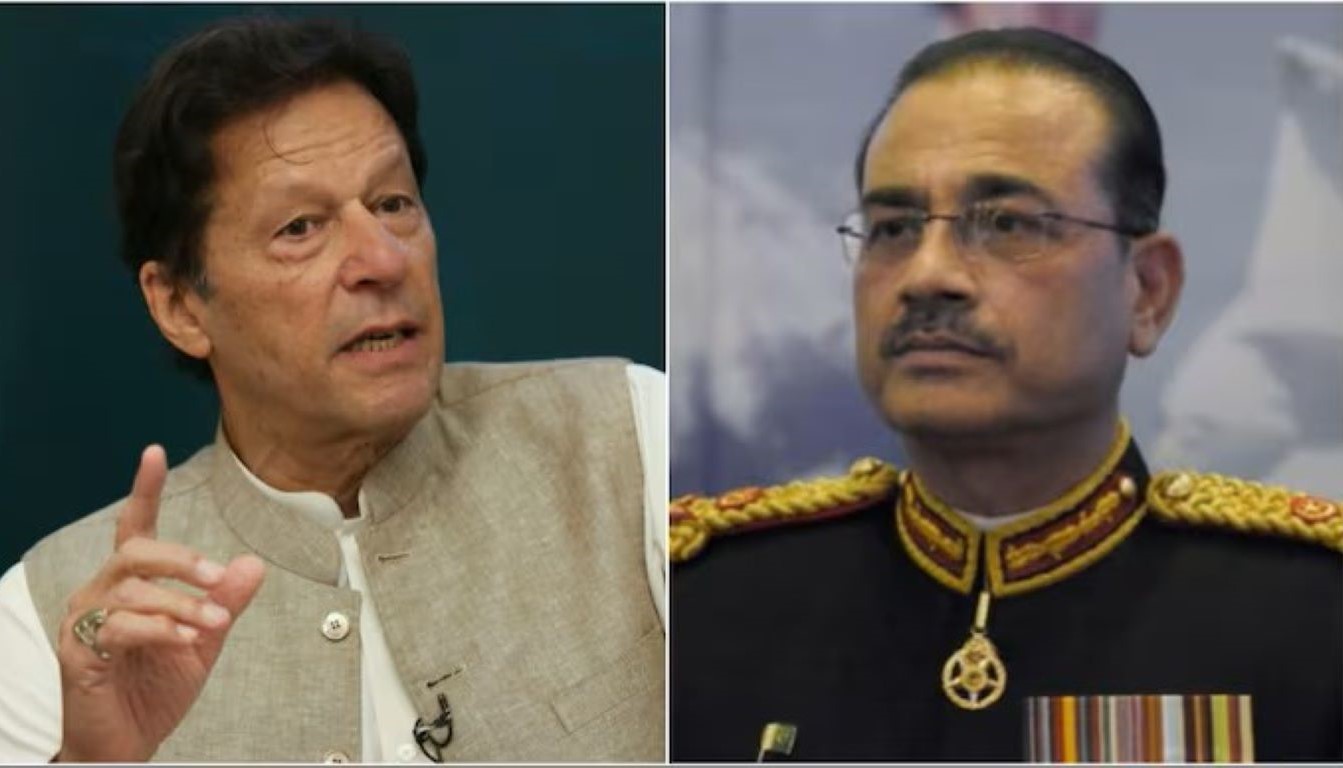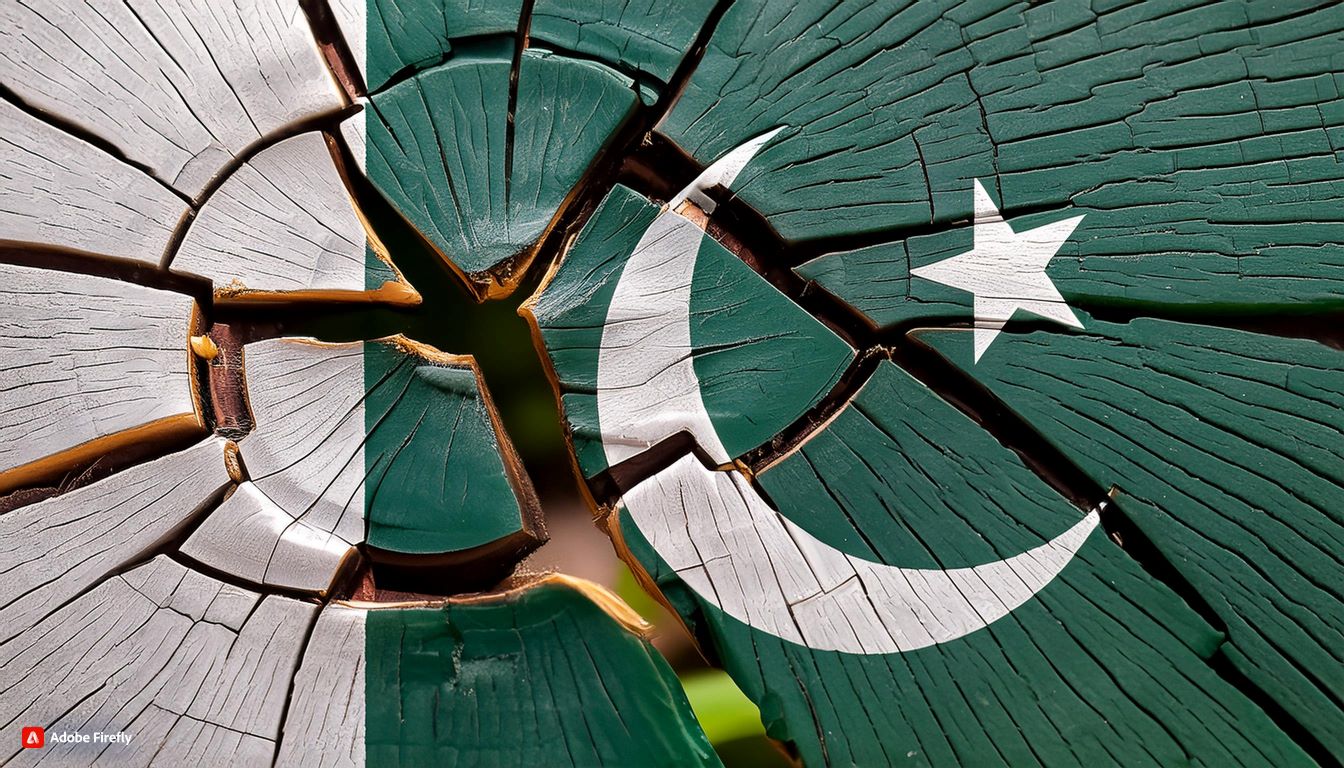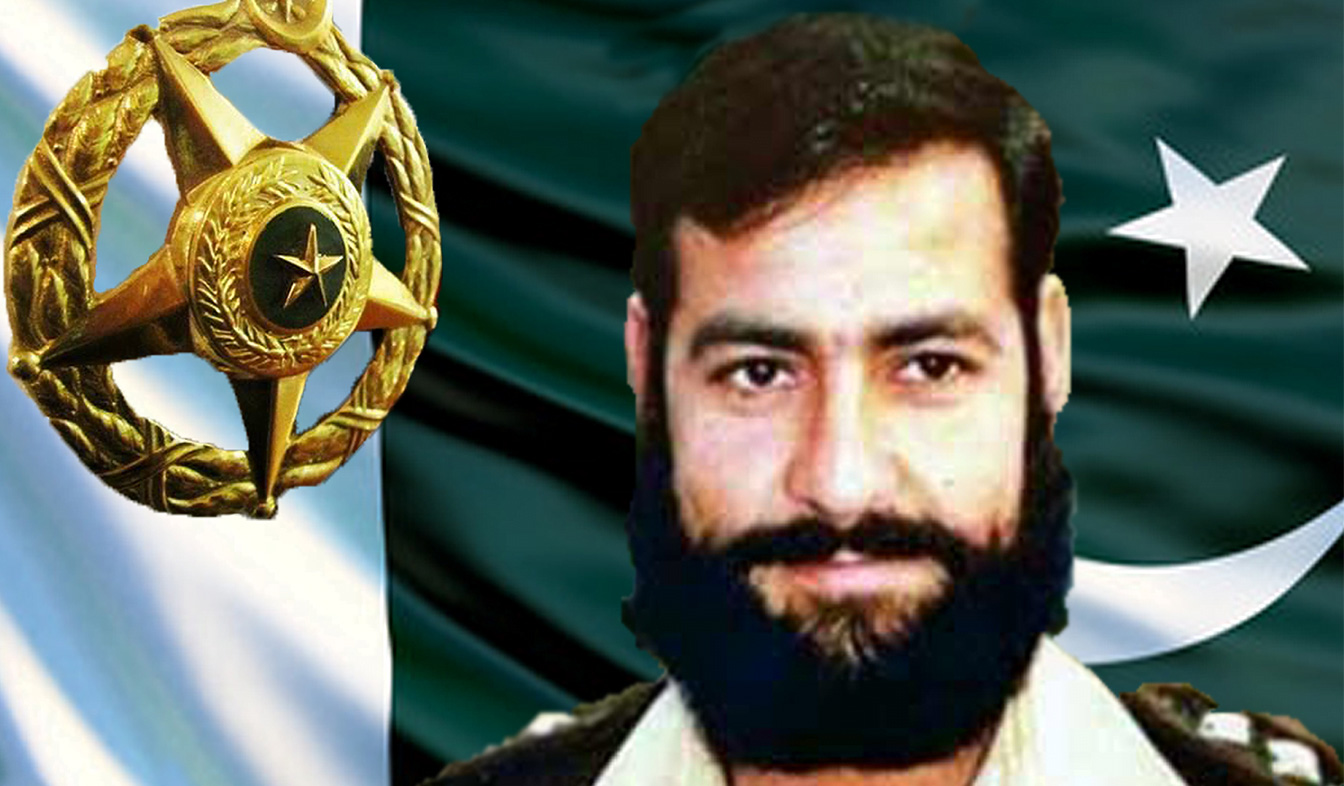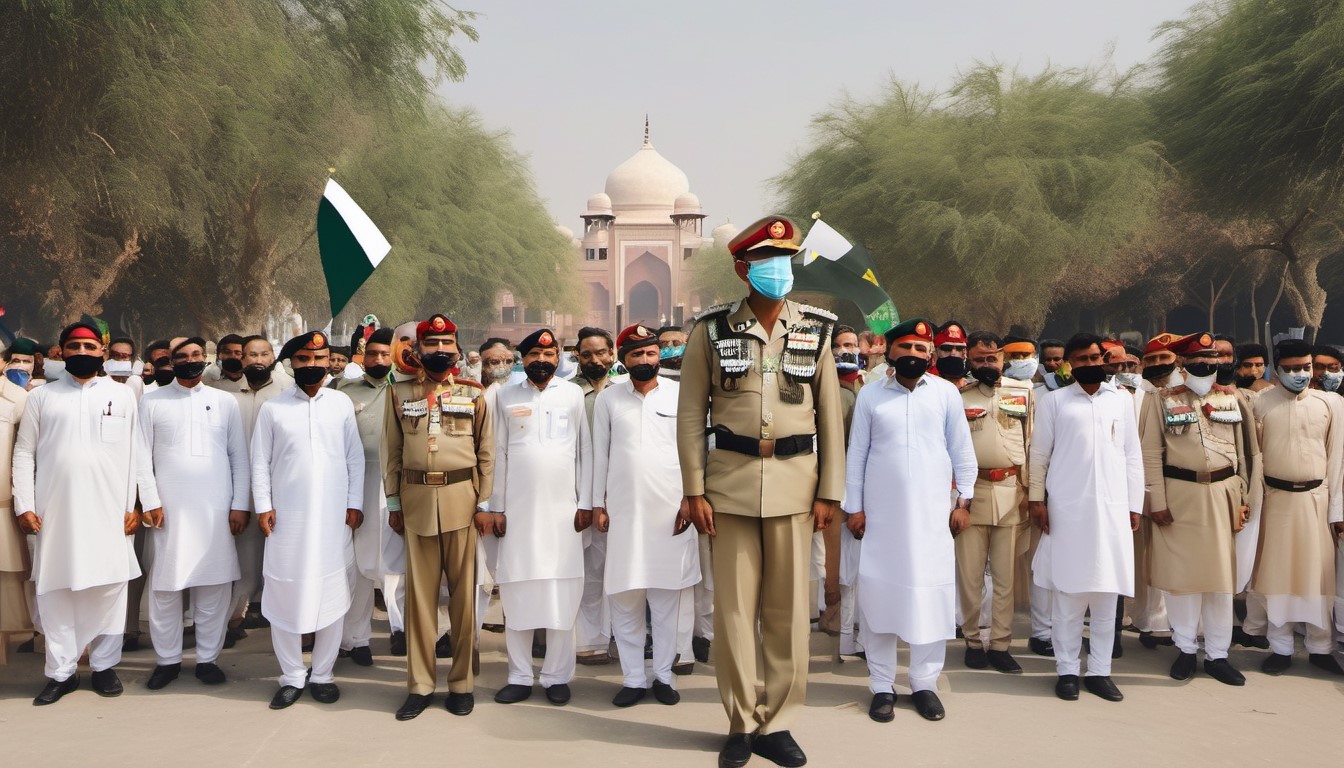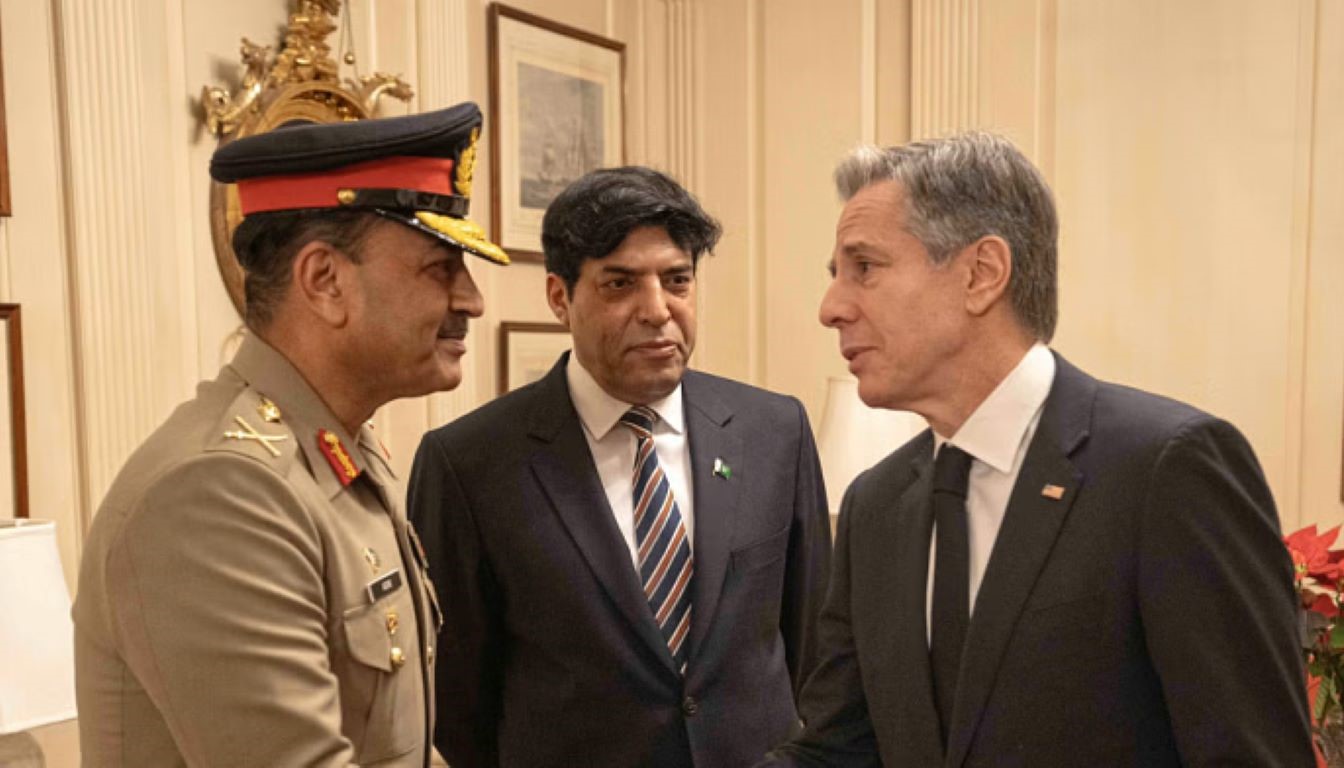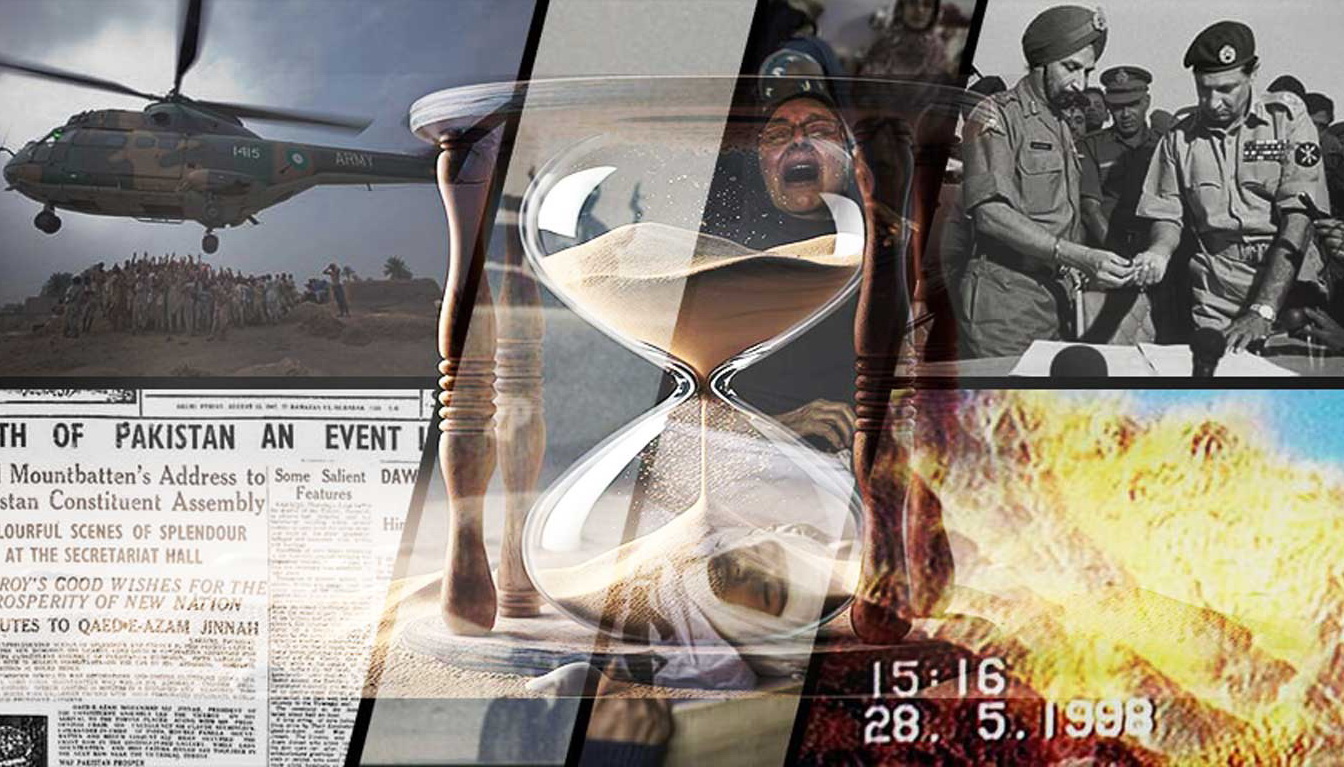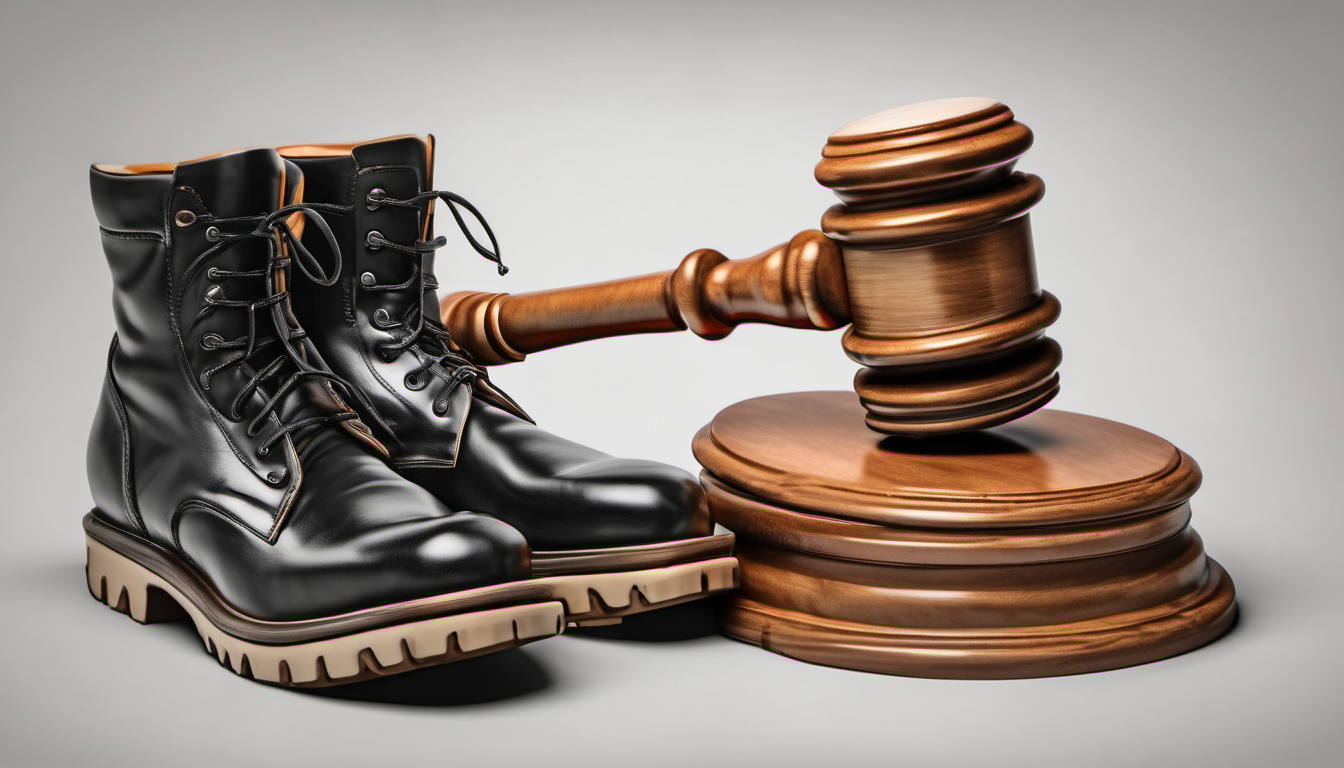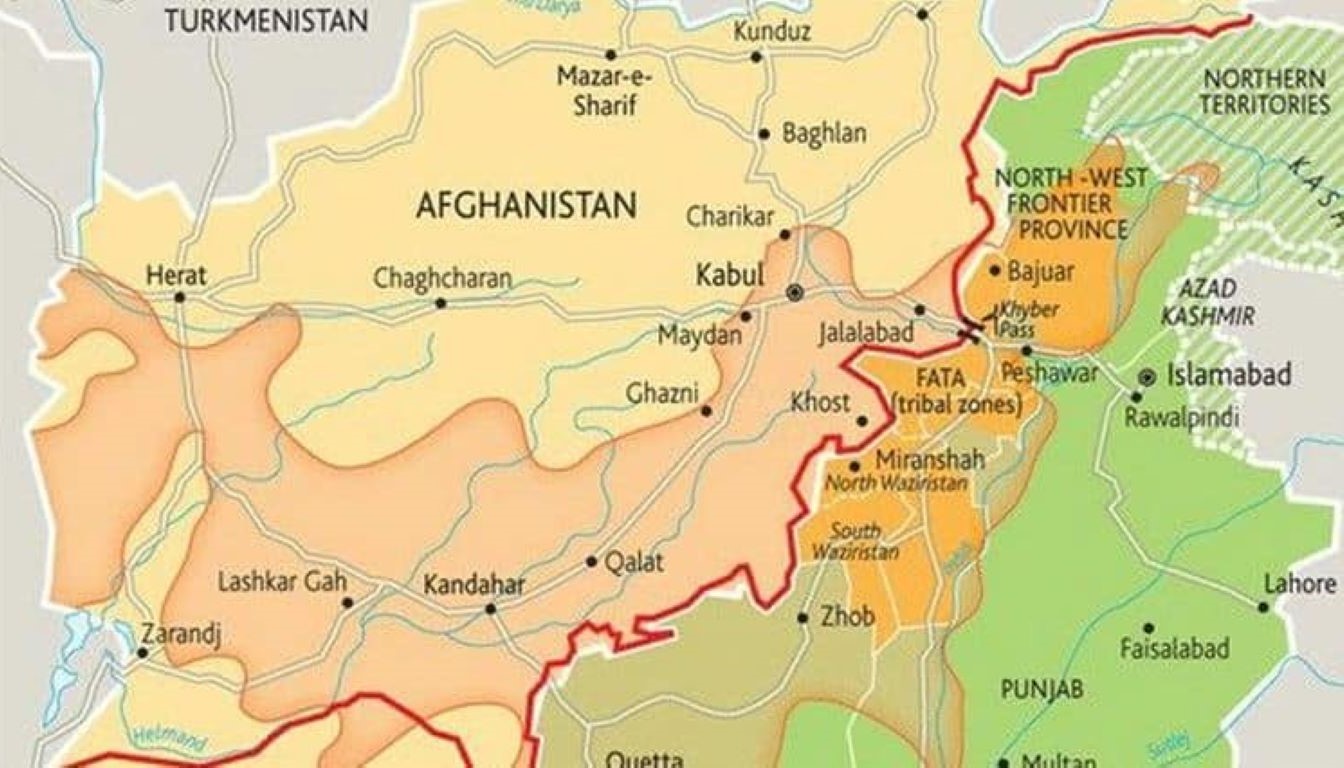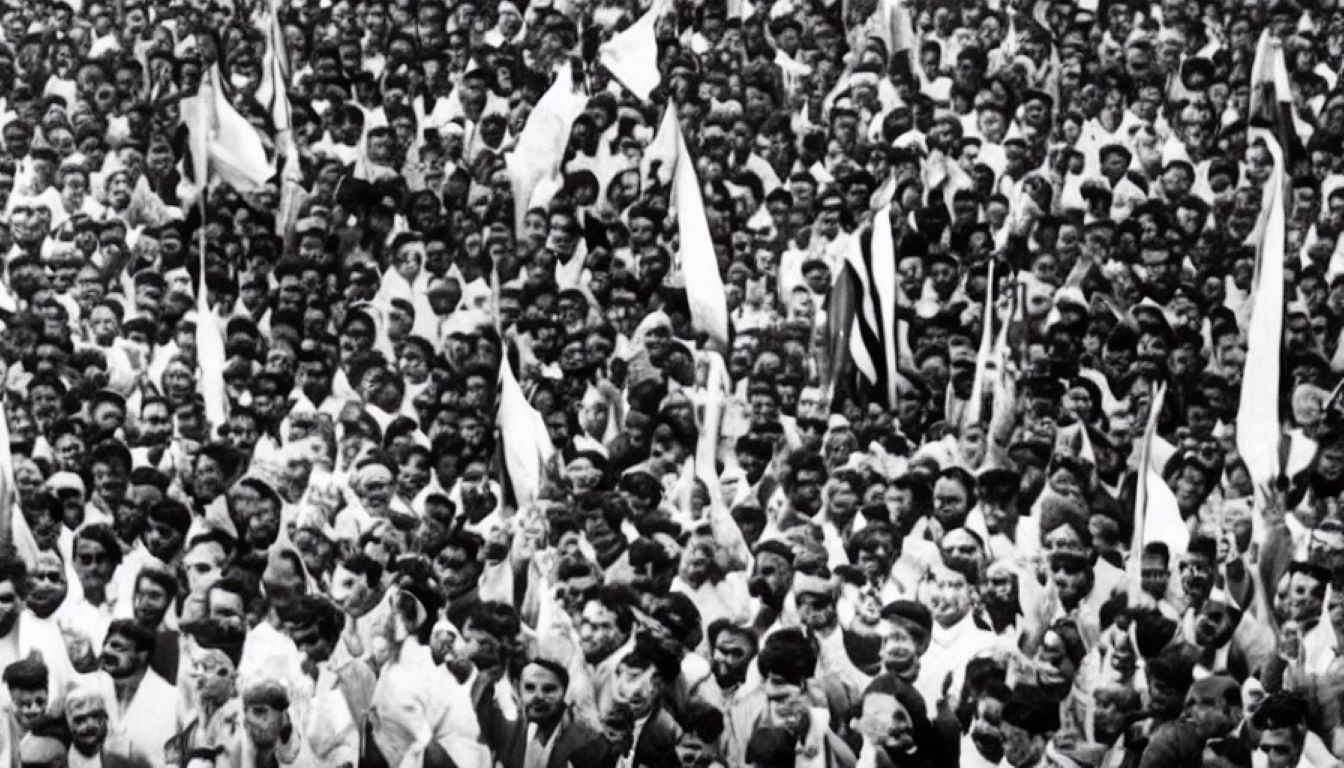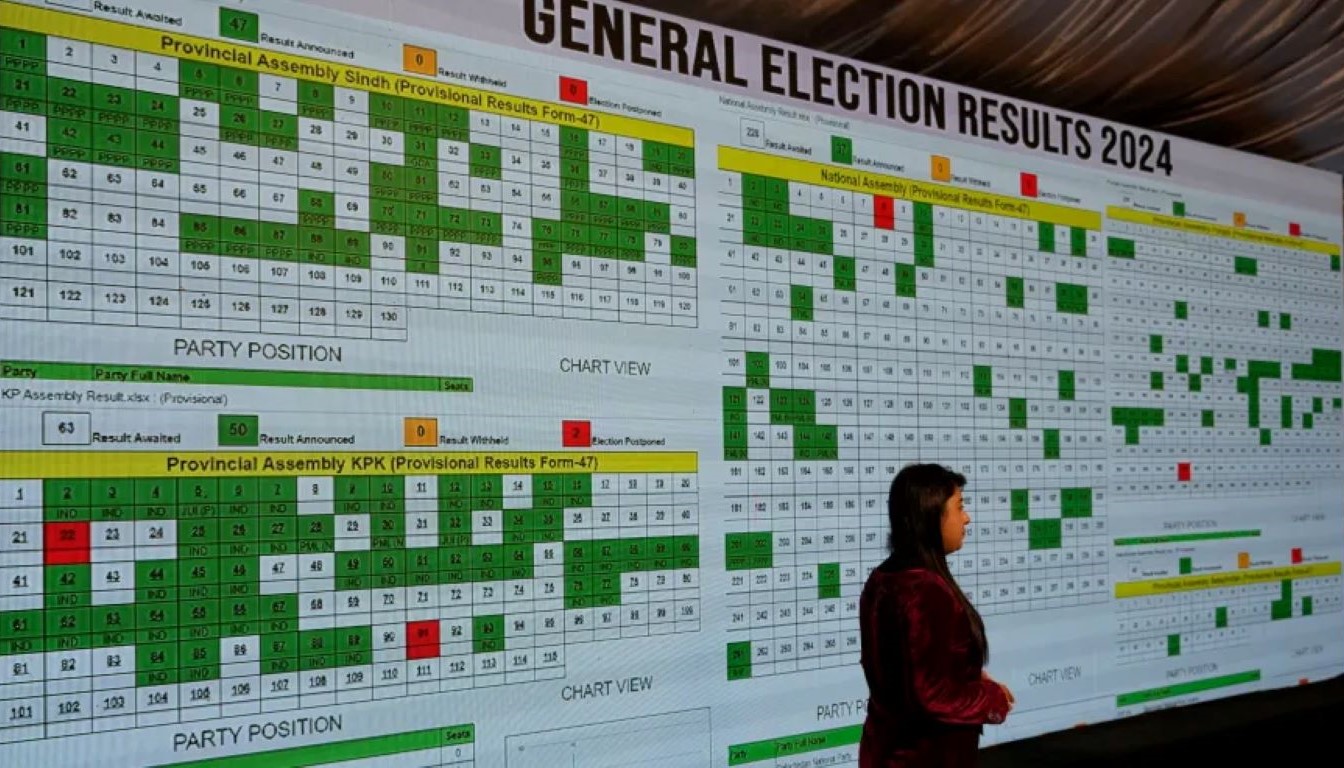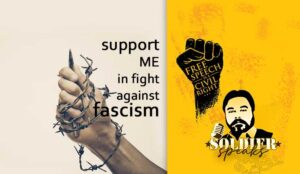Zulfiqar Ali Bhutto had a substantial base of support in the army, especially among junior officers and the rank and file. But with the passage of time, as his role in the East Pakistan disaster of 1971 began being exposed, this support began to erode. What added momentum to this erosion were stories of his rule by gangsterism. We were still a largely decent society at that time, so there was empathy with victims of the rough and ready methods of his style of governance.
About two months after the war my unit, 14 Punjab, was transferred from Chamb to the Poona-Tandhar sector of Azad Kashmir where we took up defences on our side of the ceasefire line. In about Aug 1972, Maj Iftikhar Adam came to see me. We had both served as instructors in the Pakistan Military Academy before the war. He told me that a number junior officers, most whom had been instructors with us at the PMA, were of the view that if something was not done to bring to trial those senior officers who were directly responsible for the East Pakistan fiasco, including Bhutto, both the army and the country would go down. They had therefore decided to plan and move towards bringing this about, and wanted to know if I would be willing to join. I told him of course I would, but that unless a couple of generals were also a part of the group, we would not be able to do a thing because we were too junior. He agreed with me and informed me that others were trying to ensure this.
I gave myself a night to think this over and the next day, I called over Maj Tanvir Shah S.J, Capt Najam Salim [later Brig], Capt Altaf Hassan Mann, and Lt Tariq Salim Malik [later Maj Gen]. Without naming Iftikhar Adam, I gave them the burden of my talk with him and asked if they were willing to join with us. They took no time assenting. I never discussed this matter with them any further, and had them swear an oath that they would not discuss this subject even among themselves, unless ALL of us were present. Then I told Najam to write out a defence exercise for two companies to be conducted near Gujjar Khan, with dates to be inserted later. We met a month later to sift the JCOs whom we could absolutely trust. After that we never met to discuss this subject as a group, except for a couple of meetings with Tanvir Shah.
In early January I was detailed for the German Lanuage Course in Rawalpindi. Iftikhar kept me abreast of the meetings they were having, but I was never called to attend any of these. I thought that this was probably because I was on a course and therefore not of much use to them. Iftikhar informed me that they did not have any success with getting any generals on board and had therefore made contact with Brig F.B. Ali and Col Alim Afridi. And though they were both retired, they had the credibility to be taken seriously by generals which was not the case with us, because we were too junior in rank.
In mid-March 1973 I went to Mangla for a weekend to my uncle’s. That evening while on a walk I bumped into Col Saghir Hussain Syed [later Lt Gen] who was Col GS in the Corps HQ. He very kindly invited me for dinner at his place. We were only the two of us, and after he gulped a few down, in great excitement he told me about this conspiracy among young officers. He had learned the details from Brig “Chota” Qayyum [ex 2 FF] who was best friends with Gen jilani, DG ISI. With each new detail he shared with me, I sunk lower into the sofa, waiting for my name to be dropped, but it did not. The next day when I was seated at lunch with my uncle, who was then Corps Commander in Mangla, suddenly he asked me if I knew anything about a conspiracy being hatched some young officers. I nearly choked on the morsel I was chewing, and merely shot back, “not a thing sir’. Thank God the old man was one for few words and did not press the matter further, and I made good my escape.
On reaching Pindi in the evening, I made for Maj Nadir Parvez’s place and told him all that I had heard. I expected him to jump out of his seat, but he behaved as if he had heard nothing unusual. I requested him to accompany me to Lahore so that I could apprise Maj Farouk Adam of what had transpired. But he told me that if I was nervous about all this, it would be best that I leave the group, but that if I still felt the need to speak to Farouk, I should do so on my own. So, on 23rd March I reached Lohore and went to see Farouk Adam and related my story to him. He too behaved as if there was nothing to worry about. Then he told me to come for dinner at Maj Asif Shafi’s place the next evening, and that Brig FB would be there to give his take on what he thought of our plans and aims etc, and that would be the right place for me to apprise the others about what I had heard.
So, the next evening we gathered at Maj Asif’s place. Brig F.B, Col Afridi, Majors Iftikhar and Farouk Adam, Lt Sarwar Azhar and Lt Col Tariq Rafi S.J [later Brig] were there. Brig Ali took about fifteen minutes to address us in his usual calm and precise manner. The burden of his talk was that he had taken his time to evaluate our “project” and though he could sympathize with our motivation, he would sincerely advise us to back off because we just did not have the muscle to pull it off. His great fear was that we would likely end up doing greater harm than good. He made it clear that his relationship with us in this context was at an end from then on. After he had made his serious reservations known, dinner was served, and then he took leave of us for his flight to Karachi.
It was after the Brig left that Farouk asked me to brief all the others about what I had picked up in Mangla. Before I could do this, Tariq Rafi, with a note pad in hand, asked me which officers of 14 Punjab had agreed to join. I told him that I was not prepared to give him any names. He could only get “capabilities” from me, and I could promise them that I could move two infantry companies to Rawalpindi given a week’s notice. I am certain that because I refrained from giving him names, no one from my unit was subsequently arrested and tried.
After I acquainted them with what transpired in Mangla a week back, there was no panic. Just a discussion followed about how we ought to proceed. The consensus was that though the cat was out of the bag, we were too deep into the affair to withdraw. My view was that if that was the case we needed to proceed much faster. Having served in the PMA was a great advantage to us, since we knew young officers in every cantonment. Each of us should be allocated a different cantonment and arrange for a maximum number of officers to come to a mess or a club in these stations for a talk to be given by us at a particular time and day without telling them the subject in advance. It was my suggestion that we should do this two weeks hence, on April 7, at 2 pm at venues chosen by us. The subject of our talk should be to openly declare what we were up to, and why we thought this to be necessary, and invite them all to join us if they were so convinced. It was my view that if there was any chance of security now left to us, this lay in numbers, and we therefore needed to broaden the effort as widely as possible. This was agreed to and Farouk said we should expect instructions from him within a week.
I am certain this reached DG ISI that very night. They were not going to give us the time we needed. At dawn on March 30 the army swooped down on us. Blind folded and handcuffed we were taken to our waiting cells. After about a month’s interrogation in the SIB cells in Rawalpindi, those of us arrested from this station were moved to Attock Fort, where other groups followed. It was in Attock Fort that our Summary of Evidence was recorded and the trial and sentencing was done. Brig F.B. Ali and Col Alim Afridi were each given life sentences. Later we got to know that Gen Tikka Khan, the COAS and the confirming authority for the sentences passed by the court, refused to confirm them, and sent the proceedings back to the court for reconsideration. In other words, he wanted the sentences to be enhanced. The life sentences of Brig F.B. Ali and Col Alim Afridi could only be enhanced to a sentence of death. But the court, primarily due to a stand taken by Maj Muzaffar Usmani [later Lt Gen] the junior most member of the court, refused to go by the implicit desire of the Army Chief. These things could still happen in the army of 1973!
Though he had great help and support from some very dedicated and patriotic officers, the moving spirit behind the removal of the Yahya Khan junta from office was Brig F. B. Ali. It was because his nerve and committment held, so did the rest of the group. But Brig Ali required far greater courage to go through his trial and conviction at Attock Fort. On the evening of March 24, 1973 he had formally disassociated himself from our group and advised us to pack up and go home. He had registered his disagreement with us and so he could not have been charged for conspiracy. But if he had taken this defense, it would have become the strongest witness for the prosecution in its case against the rest of us. So, Brig F. B. Ali prepared to go down with the rest of us instead of standing against us to save his own skin. This required a lot of courage. But this was the sort of courage Brig F.B. Ali had. But he had more than this. He also had the grace to never speak about this.
On May 6, Justices Mansoor Ali Shah, Athar Minallah, and Mohammad Ali Mazhar, took a step towards filling the sadly depleted ranks of the heros Pakistan needed. But the times cry out for another F. B. Ali to show up as well.

